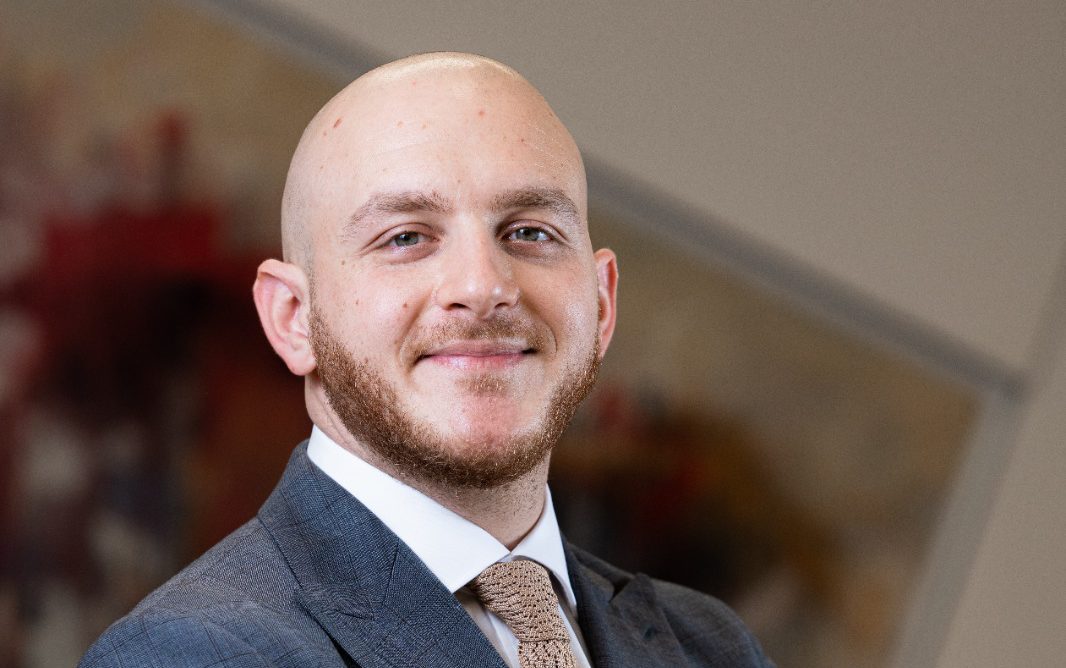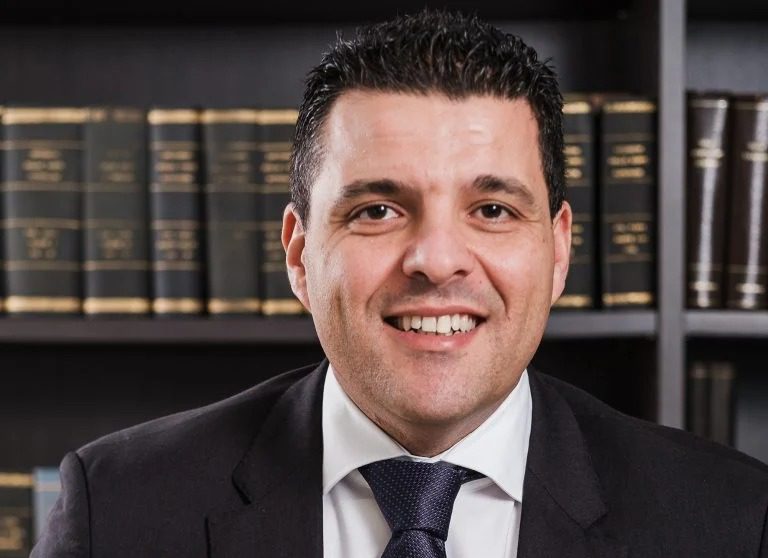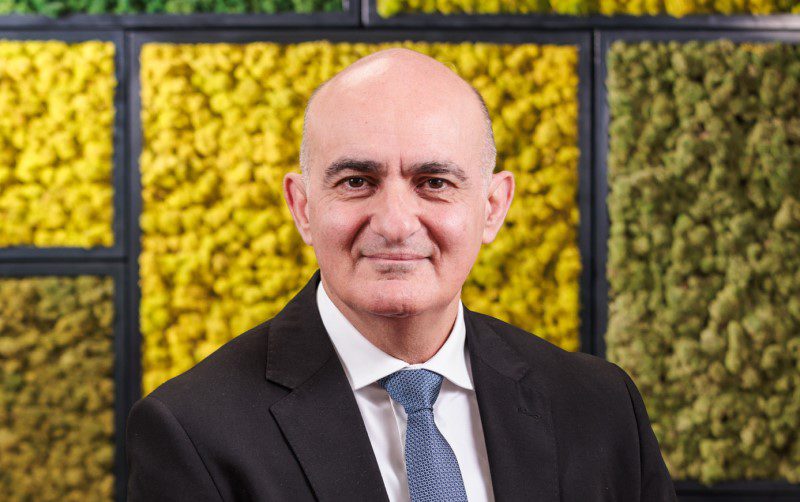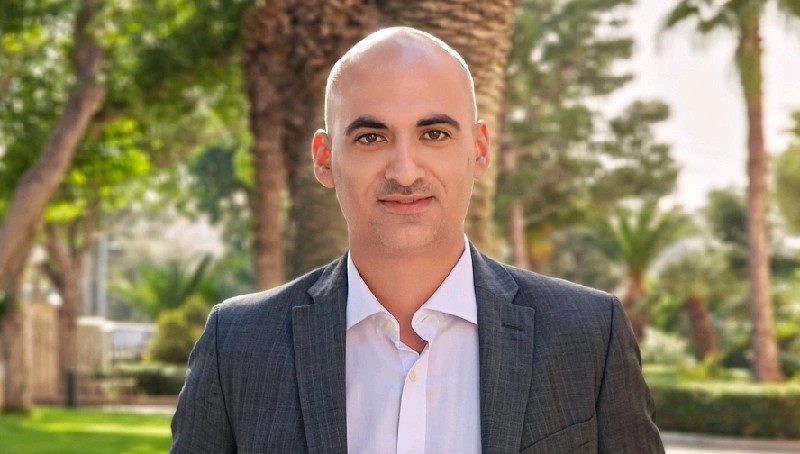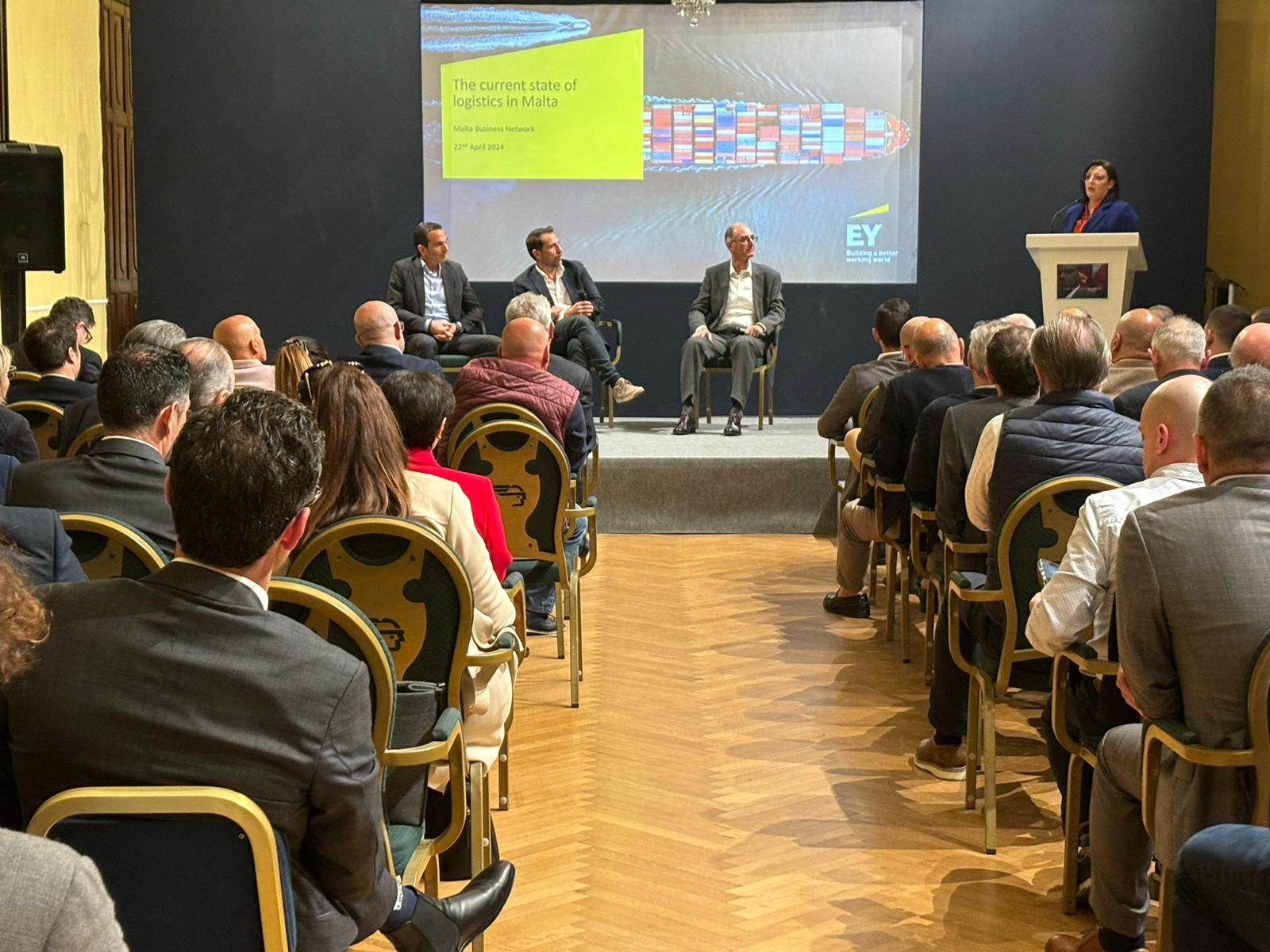The Malta Gaming Authority (MGA) has “started seeing the fruits of the groundwork laid in 2021,” according to CEO Carl Brincat, making major improvements and investments in a number of areas in line with its commitment to base its “regulatory decision-making on data and evidence”.
In his introduction to the regulator’s 2022 annual report, Dr Brincat, who was appointed CEO in January 2021, argues that “standing still is the same moving backwards, especially in an industry as dynamic as this one”.
The MGA has invested heavily in technology, he says, by introducing additional business intelligence tools to help it “make well-informed decisions even when time is of the essence”.
The way amendments to the Player Protection Directive were designed, consulted on and carried out is “clear evidence” of the organisation drive to leverage available data, Dr Brincat says.
“We were guided by evidence of the effectiveness of the various tools that licensees must have to help players control their gambling, as well as data and literature on indicative markers of harm. This initial information, coupled with the invaluable feedback from licensees that contributed to the consultation document we issued, resulted in the final set of published amendments.”
Providing licensees with clarity regarding the MGA’s regulatory expectation was another priority, and Dr Brincat believes the “continuous work” done in this regard is paying off.
“We endeavoured to continue bridging the gap between the regulator and the industry, especially when communicating essential policy changes,” achieving this in part through open dialogue on common challenges.
“These workshops, together with the various consultations that were issued, align with the Authority’s goal to create increasingly effective and efficient policies from the outset whilst taking on board the feedback and views of the interested stakeholders.”
“They also emphasise our commitment to being accessible and transparent; we expect this from our licensees and strongly believe in leading by example,” Dr Brincat says.
The former Chief Legal and Enforcement Officer also took the opportunity to celebrate accomplishments, pointing to the quick removal of Malta from the Financial Action Task Force (FATF) grey list as “a much-welcome acknowledgement that the jurisdiction has come to a point where it has the necessary infrastructure across the board and the many involved stakeholders, to combat money laundering and terrorist financing effectively.”
“Although the industry, and the supervision thereof, was not one of the areas that the FATF singled out as requiring improvement, we are proud to state that our support to our fellow national stakeholders, led by the Financial Intelligence Analysis Unit (FIAU), contributed to Malta’s removal from the FATF grey list,” he says.
Turning his attention to the industry he is tasked with regulating, Dr Brincat said that the challenges faced by all sectors over the last few years have been compounded by regulatory and taxation developments, “reducing margins when costs are rising”.
“In this light, we strive to remain a pillar of support to the industry by finding the right balance of regulation which ensures that the business is also sustainable and by advising the Government on challenges to the industry and their possible solutions,” he says.
As part of this effort, the Authority sought to implement policies to boost innovation in Malta, laying out “pioneering regulations that encourage companies to invest in technology-rich services whilst protecting players and vulnerable persons”.
Illustrating the MGA’s view of regulation, Dr Brincat explains that although innovation and regulation are “generally seen to be constantly in conflict”, the MGA’s approach differs.
“We feel that regulating in a manner which is sufficiently flexible to nurture and encourage innovation not only ensures the continued sustainability of industry operators as businesses but also fosters the necessary developments to drive efficient and effective compliance,” he says, highlighting the publication of the Policy on the Use of Distributed Ledger Technology by Authorised Persons and work on developing a voluntary code on ESG reporting for the industry as key examples of this mindset.
Meanwhile, although many countries are increasingly setting up their own licences, the MGA is focused on ensuring the value of a Maltese licence is in no way diminished, working closely with foreign counterparts to bolster the reputation of the jurisdiction and the licensees established here: “we intend to ensure that it is a mark of excellence that inspires players’ trust worldwide”.
Jean Chapelle Paleologo named new Frank Salt Real Estate Managing Director
He is highly experienced in sales and wealth management within the international financial services sector.
APS CEO anticipates improved performance in rest of 2024 after drop in first quarter pre-tax profit
During the first quarter of 2024, APS Bank reported €5 million in pre-tax profit, 63.5% lower than the same period ...
Aaron Bugeja promoted to Associate Director of Client Accounting at Vistra
He states that he is ‘eager to leverage strategic insights and drive financial excellence’ to Vistra’s clients.
Malta should explore state aid to ease freight costs, C-level logistics experts suggest
Retail Marketing Ltd CEO Jonathan Shaw believes Malta should join forces with other island nations that face similar logistical challenges.


